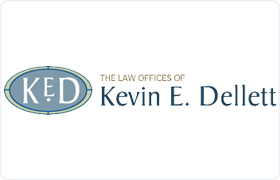Leawood White Collar Crime Lawyer, Kansas, page 2
Sponsored Law Firm
-
 x
x

Click For More Info:
-
The Law Offices of Kevin Dellett
4630 West 137th Street, Suite 200 Leawood, Kansas 66224» view mapCriminal Defense Effective Aggressive Legal Assistance
The Law Office of Kevin Dellett was founded on a commitment to providing personalized attention and creative and determined criminal defense representation.
800-881-4691
Tyler Powell Garretson
White Collar Crime, DUI-DWI, Criminal, Personal Injury
Status: In Good Standing
Paul J. Morrison
Family Law, White Collar Crime, Criminal, Personal Injury
Status: In Good Standing Licensed: 44 Years
Heather R. Landon
Employee Rights, Divorce & Family Law, White Collar Crime, Criminal
Status: In Good Standing Licensed: 24 Years
John E. Harvell
Domestic Violence & Neglect, White Collar Crime, DUI-DWI, Criminal
Status: In Good Standing Licensed: 35 Years
 Kevin Dellett Leawood, KS
Kevin Dellett Leawood, KS AboutThe Law Offices of Kevin Dellett
AboutThe Law Offices of Kevin Dellett Practice AreasExpertise
Practice AreasExpertise